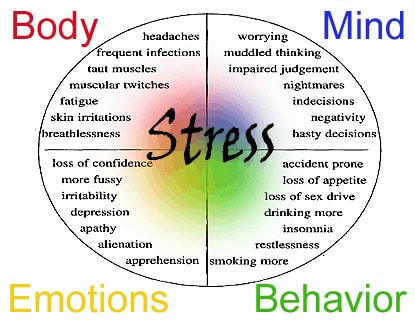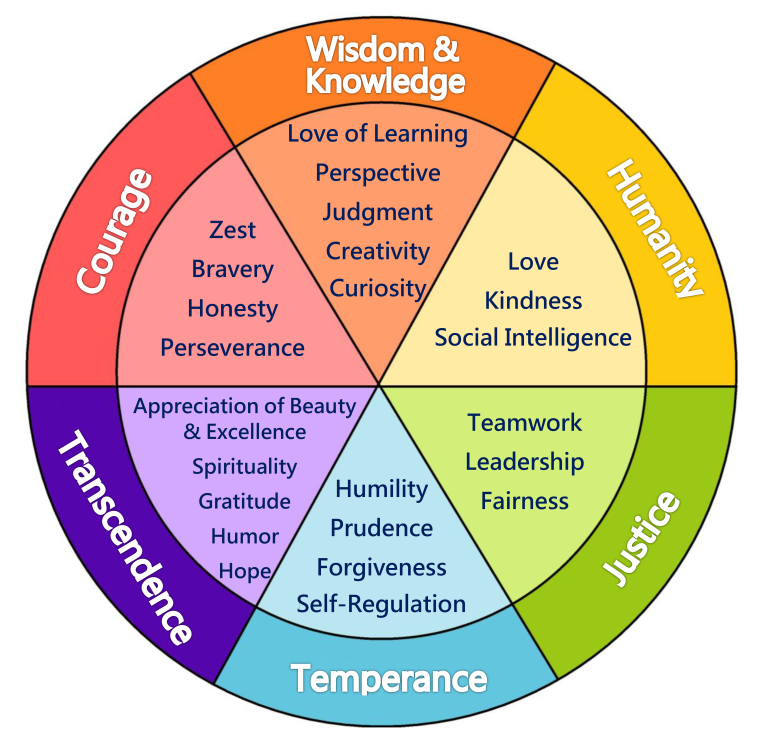Why choose online mental health counseling?
According to the American Psychological association, research studies, many of which are listed in bibliography format by the Telemental Health Institute, also indicate that telemental health is equivalent to face-to-face care in various settings and an acceptable alternative. While much of the research tests only the use of videoconferencing as the telehealth modality, a few studies, including two published in 2013, have also shown that asynchronous messaging therapy can be as effective as in-person therapy (Journal of Affective Disorders and Cyberpsychology, Behavior and Networking)
Benefits of Online therapy in FloridaAccessibility - Online counseling Florida removes barriers such as travel and time constraints. Thanks to technology, online mental health counseling are easy to use and accessible from anywhere. '
Safety - With the emerging Covid 19 virus, necessary precautions such as social distancing are necessary to keep from catching the virus an spreading it. Online therapy Florida is an excellent and safe alternative. Confidential - Mark utilizes the Betterhelp.com platform which uses the most advanced software to insure safety, ease of use and convenience. Time - Online therapy saves time and eliminates travel expenses. There is no risk driving to and from the therapy session, no time is taken away from your busy day and no gas or tolls to pay. |
How do you know when it's time to see a therapist?
|
You do not have to be “Crazy” to see a therapist. According to Psychology Today most people can benefit from seeing a therapist. Especially in today’s world with the Pandemic and emerging uncertainty in the world, it’s natural to experience a heightened sense of anxiety. So how do you know when it’s time to see a therapist?
When you feel overwhelmed like your life has become unmanageable. Hopefully you will seek help before you get to this point. Here are a few signals that you may need help from a professional. 1. Difficulty coping with everyday life, experiencing increased anxiety which causes you distress, feeling sad, angry or sometimes hopeless and “not yourself.” Change in eating or sleep patterns, withdrawing from others, or feeling a significant difference in the way you used to feel. Take the time to reach out and seek help. This can be like a tooth ache that gets worse if you do not treat it. If these feelings escalate to the point that you question whether life is worth living or you have thoughts of death or suicide, reach out for help right away. 2. Turning to substances to cope, abusing drugs, increased drinking or overeating can be a sign of diminishing ability to cope. Substance abuse and overuse can sneak up on you and become a problem before you become aware of it. One of the signs that you may have a problem is that if you find that you’re telling yourself more than once thinking. “I don’t have a problem and can quit anytime I want.” 3. You’ve lost someone or something important to you. This can be a loss of the way of life you once knew due to a life change, or death of a loved one, divorce, job loss and saying goodbye to your co workers. This can be a difficult to cope with by yourself especially when you are dealing with more than one loss at a time. 4. Recent Trauma – Hopefully you have not experienced a trauma. If you have, it can be difficult to cope with because your brain is trying to figure out how to deal with it. Being involved in a car accident, crime, job loss or other traumatic event can be especially difficult to handle by your self. 5. You can’t do the things you like to do. You find yourself not engaging with others, withdrawing from things you usually do or isolating yourself. This can be a sign that you are depressed and would benefit from learning a new coping method. |
10 Questions to ask when choosing a therapist
10 Questions to ask when choosing a therapistHaving good rapport with a therapist is the most important factor in determining the outcome of therapy.
The therapist should have formal training and certification and be licensed in your state. In general, the therapist should be able to describe the merits and drawbacks of different types of treatment, including ones he or she doesn’t offer. The therapist should also let you know how he or she will monitor your progress.
Here are some questions to ask as you consider working with a therapist:
By taking note of the therapist’s responses, you should get some sense of what the therapist is like and whether you will be able to establish a good working relationship.
Source: Harvard Medical School: https://www.health.harvard.edu/
The therapist should have formal training and certification and be licensed in your state. In general, the therapist should be able to describe the merits and drawbacks of different types of treatment, including ones he or she doesn’t offer. The therapist should also let you know how he or she will monitor your progress.
Here are some questions to ask as you consider working with a therapist:
- What’s your training (i.e., what certification or degrees do you hold)?
- How long have you worked in this field?
- What kinds of treatment or therapy do you think might help me?
- What are the advantages and disadvantages of the different approaches, including medication?
- How does the treatment work?
- What are the chances that treatment will succeed?
- How soon should I start feeling better?
- How will we assess my progress?
- What should I do if I don’t feel better?
- How much will treatment cost?
By taking note of the therapist’s responses, you should get some sense of what the therapist is like and whether you will be able to establish a good working relationship.
Source: Harvard Medical School: https://www.health.harvard.edu/
Mark is a licensed mental health counselor in Florida, Connecticut, and Massachusetts, specializing in cognitive-behavioral therapy. As a skilled psychotherapist and cognitive-behavioral therapist, Mark offers evidence-based techniques to help individuals overcome various mental health challenges. With special training in Attention Deficit Hyperactivity Disorder (ADHD), Post-Traumatic Stress Disorder (PTSD), anxiety disorders, and panic disorder, Mark provides comprehensive and effective treatment to his clients. If you're seeking a licensed mental health counselor or therapist who utilizes cognitive-behavioral therapy, Mark is here to support your mental well-being.


